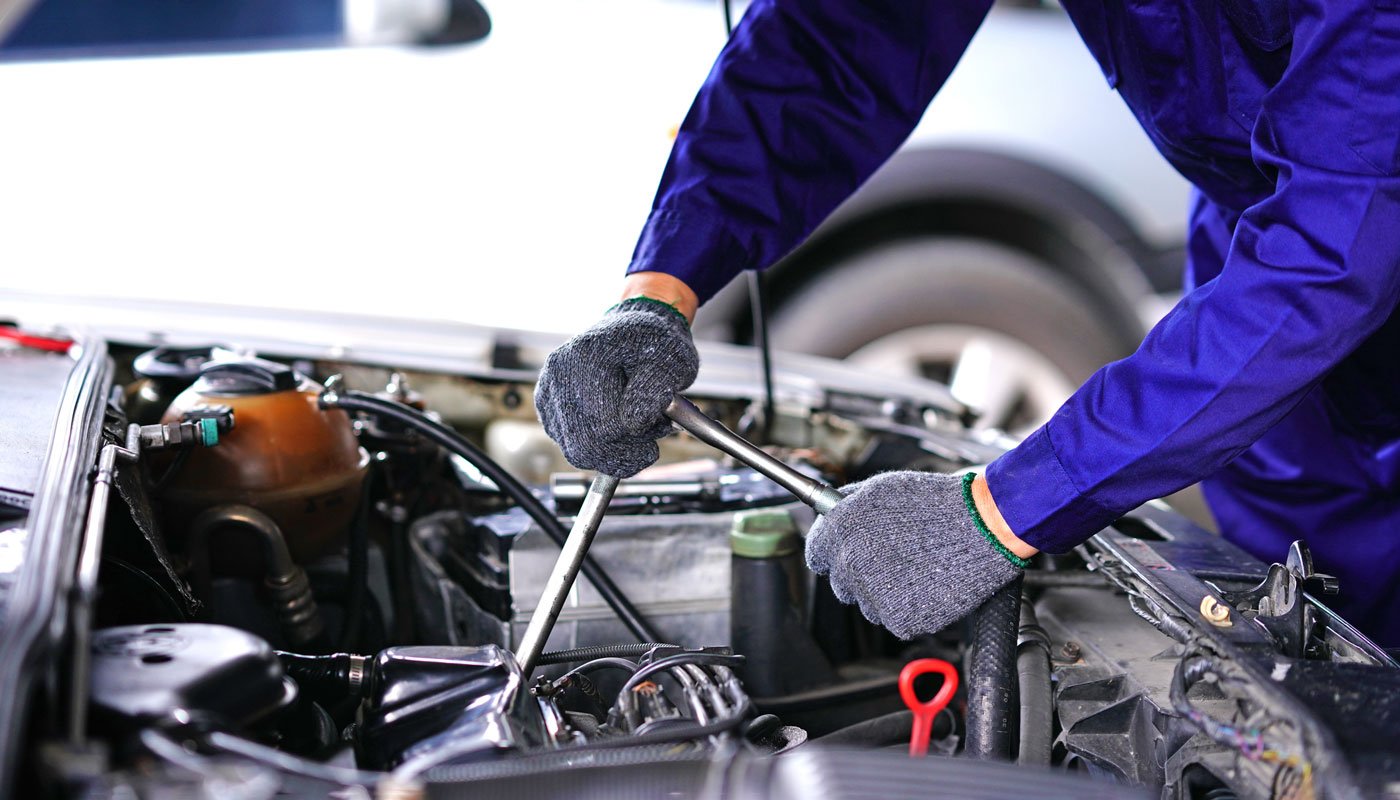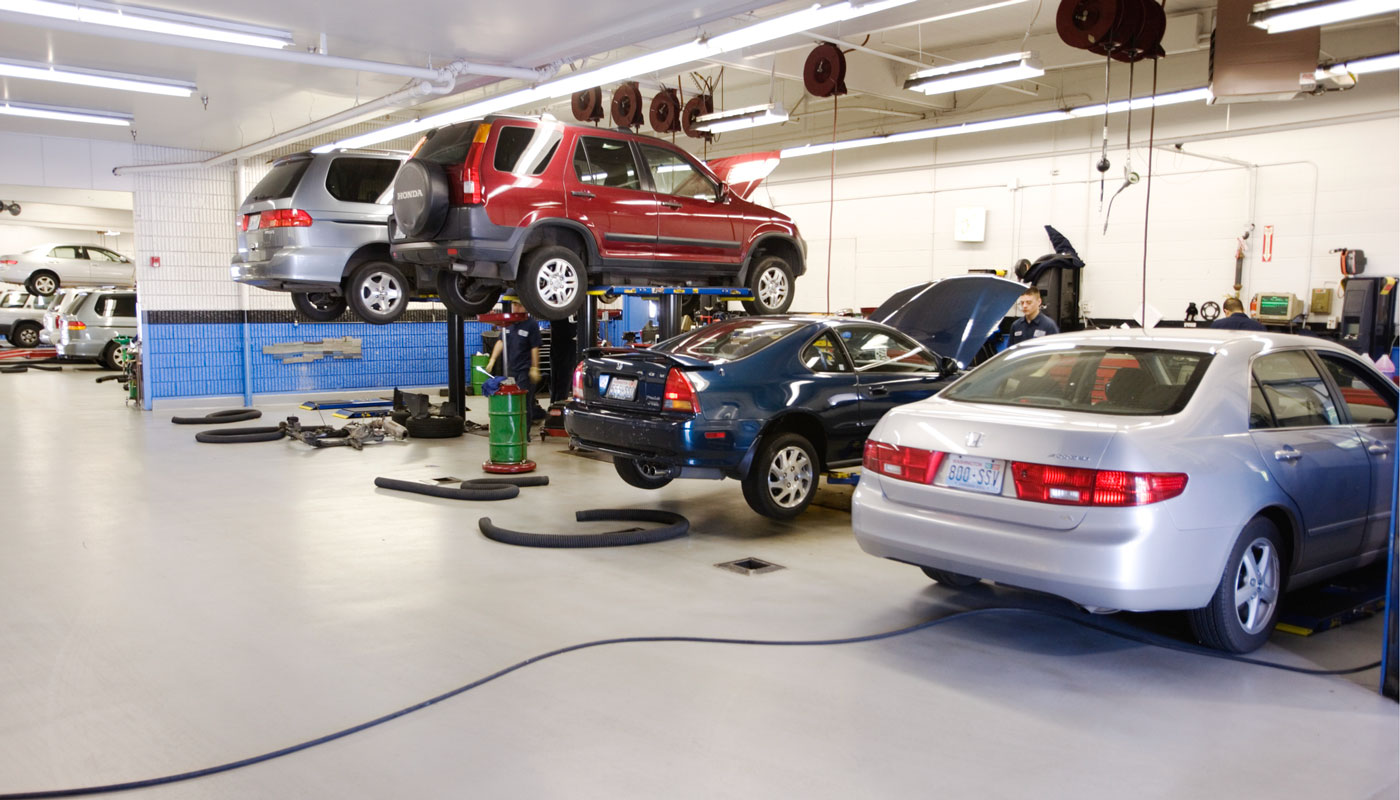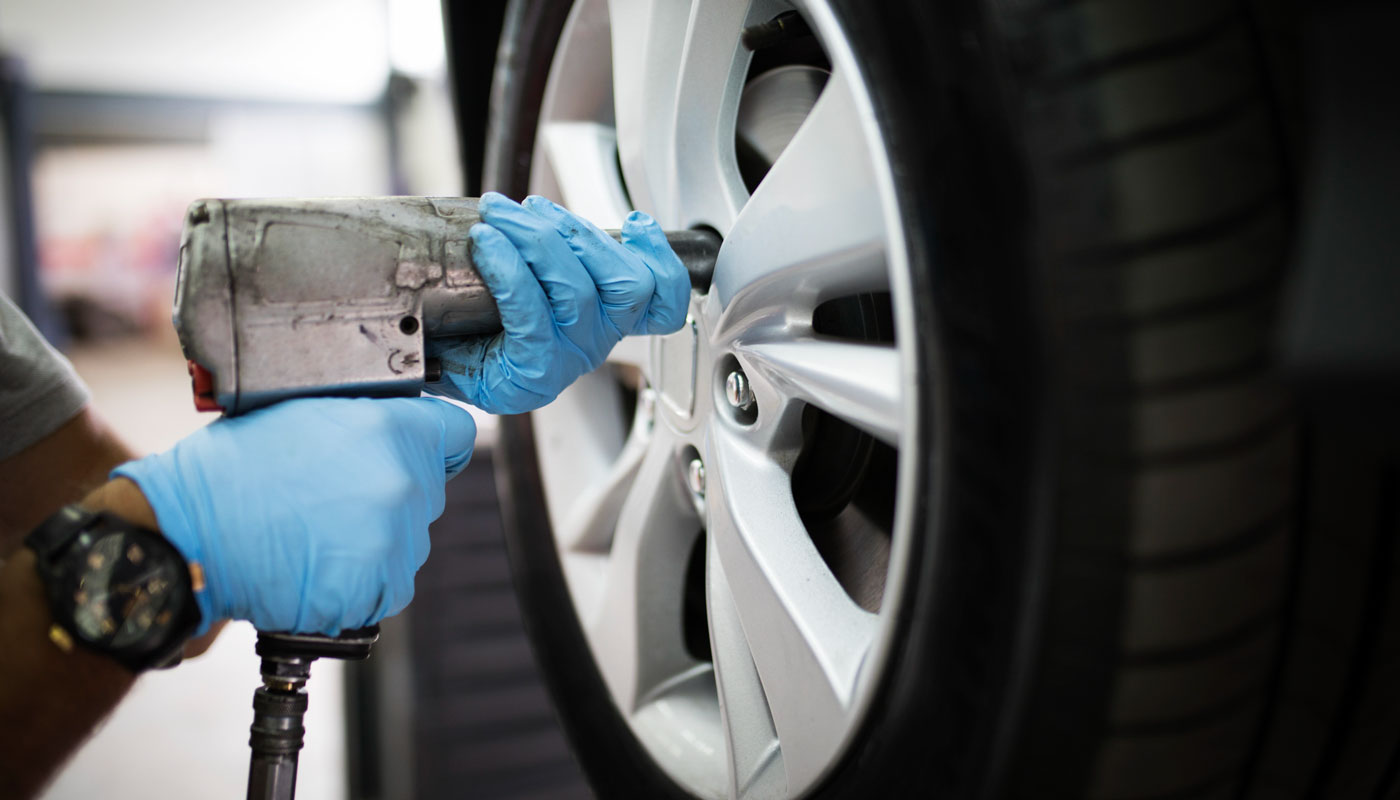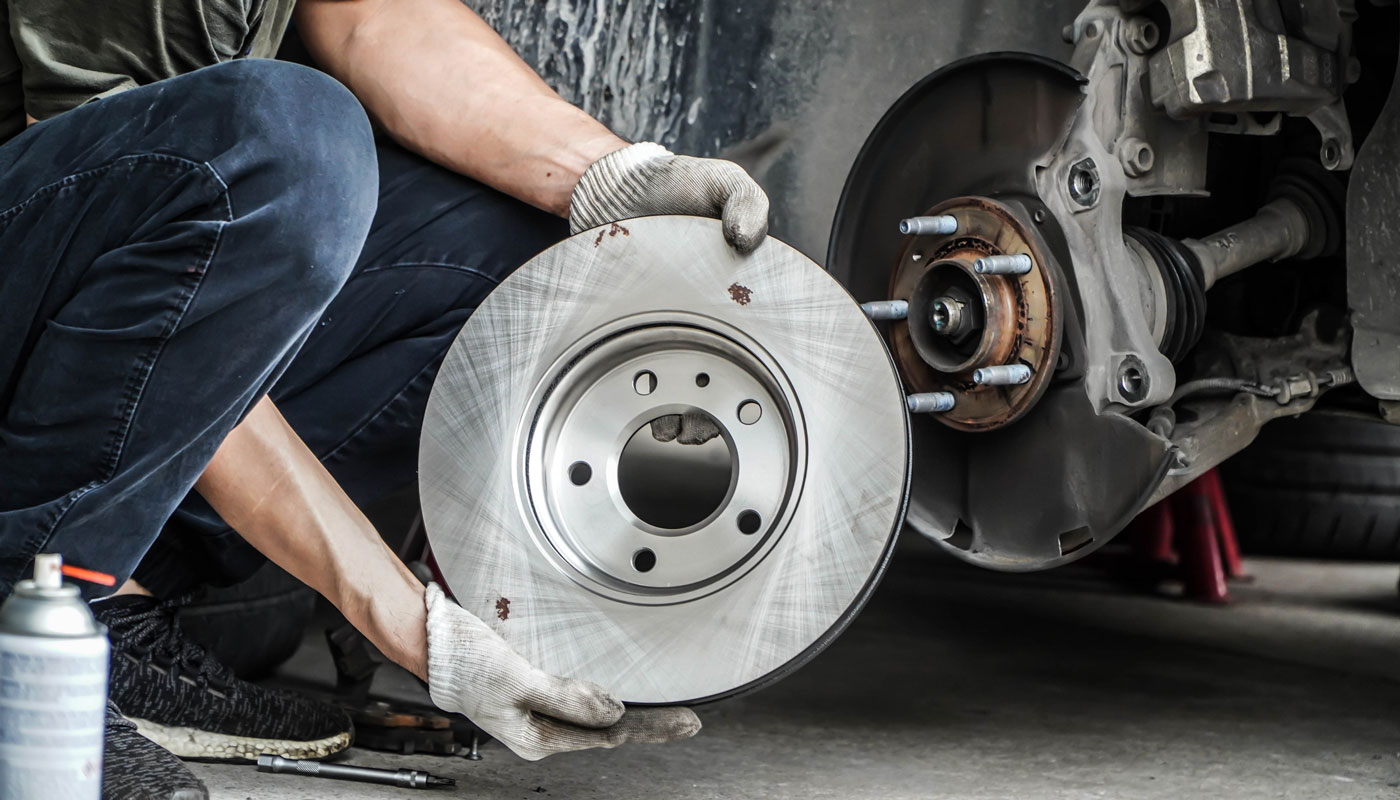How Much Should You Budget for Car Repairs?
Get information so you’re prepared for the costs of maintaining your vehicle.
 Getty
Getty
The average vehicle owner will spend 9.68 cents per mile, or $1,452 in a 15,000-mile year, on car maintenance and repairs. And according to AAA’s recent study, 64 million American drivers (one in three) would be unable to pay for these car care expenses without going into debt.
To help drivers better prepare for the costs of owning and operating a vehicle, we’re breaking down the average costs of most car repairs and offering tips for saving money. We’re also sharing our tool, the AAA Car Repair Estimator, which guides you through a few basic questions to generate a repair estimate.
Each estimate is divided by parts, labor, and the AAA member discount at AAA Car Care Centers and AAA Approved Auto Repair facilities to give you the most transparency for budgeting.
Get a free car repair estimate at AAA Car Care Centers or AAA Approved Auto Repair facilities.
Get it free Getty
Getty
Budgeting for Routine Maintenance and Unexpected Repairs
AAA encourages motorists to save at least $50 a month to cover routine maintenance and unexpected repairs. But because maintenance and repair costs can vary widely depending on vehicle make and model as well as location, Experian suggests setting aside closer to $100 per month to minimize unnecessary debt. If you drive more or less than the average suggested by the Federal Highway Administration (FHWA), you may want to consider adjusting your budget accordingly. Don’t forget to factor in the cost of inflation.
Routine Car Maintenance and Costs
One of the most important elements of budgeting for routine car maintenance is understanding your car’s maintenance schedule. Most new vehicles come with an owner’s manual that explains in simple language all your car’s features as well as its suggested maintenance schedule. If your vehicle didn’t come with an owner’s manual or if you have a pre-owned vehicle, you can find most owner’s manuals online. To help you develop a general budget, here are some common routine maintenance and respective average charges:
 Getty
Getty
Tires – Prepare to save at least $200 per tire. According to the U.S. Department of Transportation, you should change your tires before the tread depth falls below one-sixteenth of an inch. An easy way to test tread depth is through the “quarter test.” Place a quarter with Washington’s head upside down into your tire tread. If his entire head is visible above the tread, it’s time to replace your tires. If only the top portion of his head disappears into the tread, you have life left in your tires.
Oil change – Most oil changes using conventional oil range from $35–$75 but can cost more or less depending on the vehicle and any available coupons or incentives. For synthetic oil changes, prepare to spend between $65–$125. In addition to the type of oil you use, the age of your vehicle and driving conditions in your area can factor into the total cost of an oil change. While it was once recommended to change your oil every 3,000 miles, modern lubricants and newer engines now have intervals of 5,000–7,500 miles for recommended oil change. Always follow the oil-change recommendations provided within your owner’s manual.
 Getty
Getty
Brakes – Brakes can be expensive, which is why routine maintenance is so important for longer-term savings. A complete brake job can cost up to $1,000 and more. Be sure to have your car’s brake system inspected at every oil change. A good habit to get into is to have the brake pads and rotors or drums inspected with every tire rotation, which is traditionally between every 5,000 and 7,500 miles.
Tire rotation – We recommend rotating your tires and setting the air pressure when you change your oil, every 5,000 miles. Expect tire rotation costs to range from $20–$50, with balancing it is about $50–$100. If you purchase tire balancing service in addition to rotation, the costs can push upward of $132.
Cabin air filter – Plan on spending up to $100 to replace your car’s cabin air filter every 15,000 miles. This projected cost includes labor, but if you wish to save a few dollars, you can replace the cabin air filter yourself. Most Original Equipment Manufacturer (OEM)-style replacement filters cost less than $25 and can be found at your local auto parts store. Online tutorials are available for most vehicles and will guide you through the removal and replacement process.
 Getty
Getty
AAA Members save 10% on most parts & accessories at NAPA Auto Parts -- AAA.com/NapaOnline
Save Today!Unexpected Car Repairs and Estimated Costs
Estimating car repairs becomes more difficult when issues surface unexpectedly. But proper budgeting and creating an emergency fund can give you the financial means to get through some of these more challenging and unexpected repairs with less stress and greater confidence:
New car battery – As a good rule of thumb, you’ll probably need to replace your traditional car battery every four to six years. If your car sits idle for extended periods of time, however, a traditional car battery may die faster and catch you by surprise. The cost of battery replacement can vary depending on whether the battery is standard, premium, lead acid or AGM. Current battery cost ranges between $75–$250.
Alternator – Alternators tend to give warning signs that they’re failing, such as dimming lights, low power supply (i.e., windows go up and down slowly) or a battery light indicator. Alternators should be replaced every 50,000–100,000 miles regardless of issue. Expect that cost to run between $500–$1,000.
Catalytic converter – Catalytic converters can cost a significant amount to replace. If you suddenly notice your car sounding exceptionally loud, emitting smoke or a sulfurous smell, and performing poorly, have your converter checked. The cost averages $1,000–$1,500. Contaminated, exhausted and bad spark plugs are just a few of the reasons that catalytic converters often fail.
New timing belt – When a timing belt goes bad, you might hear a squealing sound coming from your engine or you might notice your engine stalls or idles roughly. It also may cause the car to not start. Replacement is urgent in these situations to prevent further damage. Expect to pay between $365–$585 for a new timing belt.
Transmission – The transmission is one area of a car most car owners dread replacing since the cost is steep: $4,000–$5,000, or more. While routine maintenance and mindful driving practices can preserve the life of your transmission, there comes a time when something as simple as a software failure can cause problems for your transmission. If you do need a replacement and are looking to save money, consider having your transmission rebuilt at a local shop.
Save Now to Avoid Stress Later
Regardless of the type of vehicle you drive, maintenance and repair are a necessity. But those necessities don’t have to break the bank or hinder your lifestyle if you budget monthly and routinely take your car in for tune-ups.
For more money-saving tips and expert car care advice, visit us here, or get your free AAA car repair estimate now.